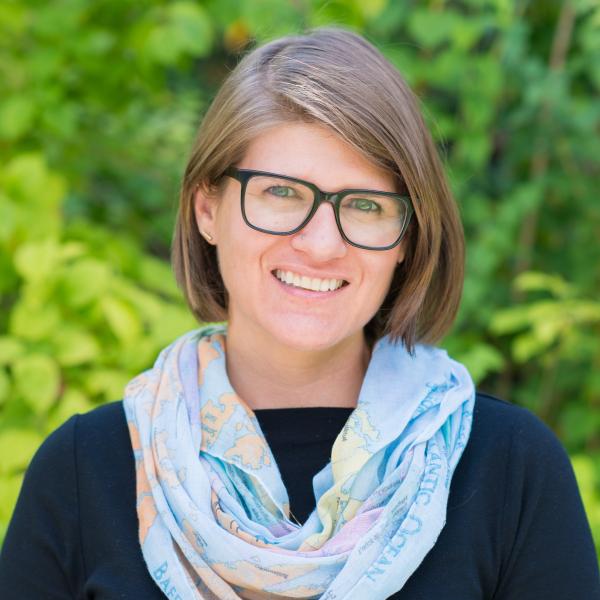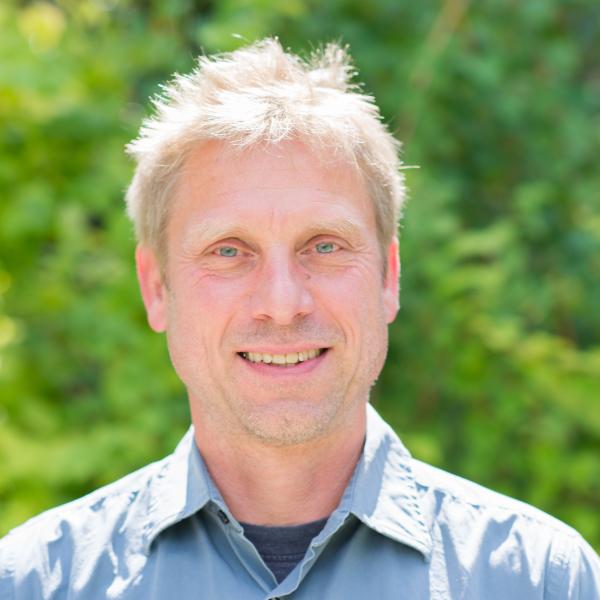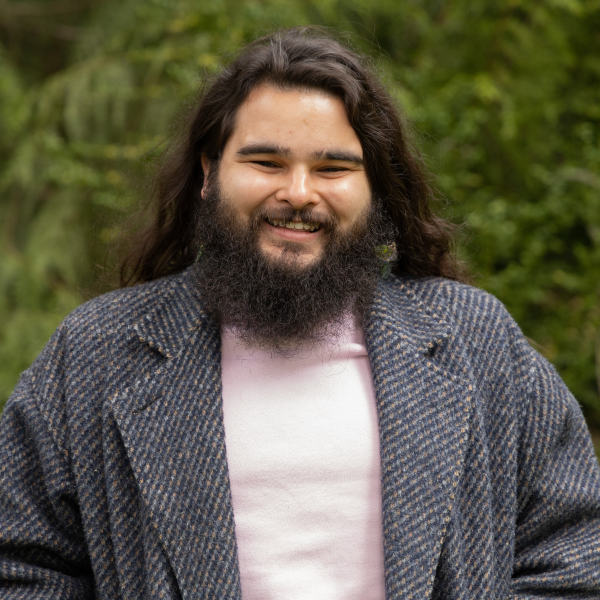Learning in and From the Environment Through Multiple Ways of Knowing (LIFEways) is a project collaboratively led by the Indigenous Education Institute and Oregon State University’s STEM Research Center, in partnership with Native Pathways, Reimagine Research Group, Swinomish Indian Tribal Community, Oregon Museum of Science and Industry, World Forestry Center, and a national park network in the Pacific Northwest
The aim of this partnership is to deepen our understanding of how Indigenous ways of knowing are currently or can be included in outdoor learning environments (such as parks, nature preserves, and tribal lands); document how this learning is supported in both tribal and non-tribal settings; and share wise practices that center IWK in outdoor education. LIFEways is based on the premise that Indigenous stewardship has sustained communities on these lands since time immemorial and can inform foundational practices that engage Native community members in continuing their traditional knowledge and practices, and help non-Native audiences learn from the dynamic interrelationships of the environment in authentic, respectful ways.
LIFEways is a Research in Service to Practice project designed to conduct research on collaborative processes between Native and non-Native outdoor educators and institutions; identify “wise practices” that honor Indigenous voices in outdoor education; and investigate current needs, capacities, barriers and opportunities for amplifying Indigenous voices in outdoor education. A team of Native and non-Native researchers and practitioners will utilize approaches that draw upon Indigenous and Western research paradigms, including a landscape study that uses national surveys and Talk Story dialogues; four case studies; and a Circle of Relations (akin to a Community of Practice) to interpret and disseminate research findings. LIFEways will make original contributions to centering Indigenous voices in outdoor education, and supporting Collaboration with Integrity (Maryboy and Begay, 2012) between tribal and non-tribal organizations. The partnership also addresses a deeply rooted issue related to the content of outdoor education: that is, conventional outdoor education is mostly grounded in Western concepts of “conservation” and “preservation” that position humans as acting separately from nature, which has allowed for the prevalence of eco-colonialism that views nature as an extractable resource for humans. LIFEways will use research to identify and synthesize ways of connecting learners and ISE educators with Indigenous worldviews of nature. The value of LIFEways to the ISL field lies in its potential for transformative change around centering Indigenous voices in outdoor settings and providing a framework and practical methodology to enhance outdoor STEM learning through a cultural lens.


